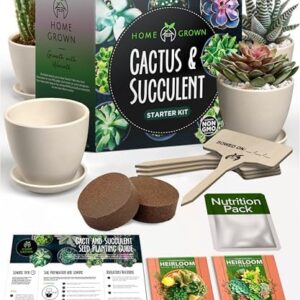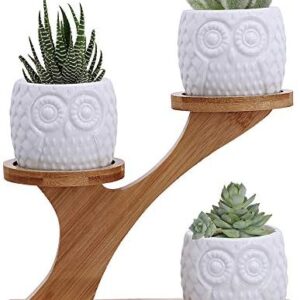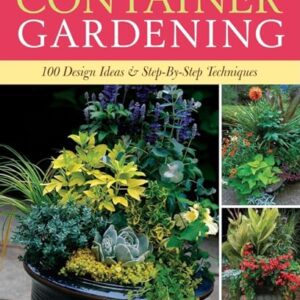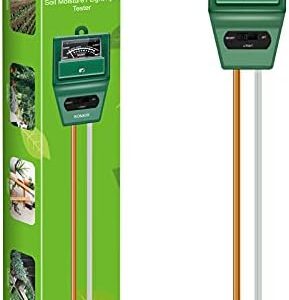Have you ever dreamed of having a lush, thriving garden filled with vibrant flowers, fragrant herbs, and delicious fruits and vegetables? Many of us aspire to cultivate our own green oasis, but sometimes it can feel overwhelming and intimidating. The good news is, with a little bit of knowledge and a whole lot of love, anyone can develop a green thumb and become a successful gardener.
Whether you’re a seasoned pro or a complete newbie, there are some essential plant care tips that every gardener should know. From choosing the right plants for your space to nurturing them throughout their growth cycle, these fundamentals will help you establish a strong foundation for a flourishing garden.
First and foremost, it’s important to choose the right plants for your environment. Before you start digging in the dirt, take some time to assess your garden space. Consider factors such as sunlight, soil type, and climate to determine which plants will thrive in your specific conditions. Some plants require full sun, while others prefer partial shade. Some plants thrive in well-draining soil, while others need more moisture. By selecting plants that are well-suited to your environment, you’ll set yourself up for success from the very beginning.
Once you’ve chosen your plants, it’s time to get them in the ground. Proper planting technique is crucial for ensuring the health and vitality of your plants. When digging a hole for your plant, make sure it is deep enough to accommodate the root ball and wide enough to allow for proper root growth. Gently loosen the roots before planting to encourage growth and establishment. Be sure to water your newly planted green friends thoroughly to help them settle into their new home.
Watering is one of the most important aspects of plant care. Different plants have different watering requirements, so it’s essential to familiarize yourself with the needs of each species in your garden. Some plants, like succulents, prefer to be watered infrequently, while others, like tomatoes, need consistent moisture. Pay attention to the soil and the leaves of your plants to gauge when they need watering. Overwatering can be just as detrimental as underwatering, so finding the right balance is key.
In addition to watering, fertilizing is another essential aspect of plant care. Fertilizers provide essential nutrients that plants need to thrive and grow. There are many different types of fertilizers available, including organic and synthetic options. Some plants may require more frequent fertilization than others, so it’s important to research the specific needs of the plants in your garden. Be mindful not to overfertilize, as this can lead to nutrient imbalances and damage to your plants.
Pruning and trimming are also important components of plant care. Regular pruning helps maintain the shape and health of your plants, as well as encouraging new growth. Remove dead or diseased branches, flowers, and leaves to promote overall plant health. Pruning also allows for better air circulation and light penetration, which can help prevent disease and pest infestations. Be sure to use clean, sharp tools when pruning to prevent damage to your plants.
Pests and diseases are unfortunately a part of gardening, but there are ways to prevent and manage them. Regularly inspect your plants for signs of pests, such as chewed leaves or sticky residue. Insecticidal soaps, neem oil, and other natural remedies can help control common garden pests without harming beneficial insects. Proper sanitation practices, such as removing debris and fallen leaves, can also help prevent the spread of disease. If you do encounter a pest or disease issue, act quickly to address it before it causes significant damage.
Another important aspect of plant care is mulching. Mulch helps retain moisture, suppress weeds, and regulate soil temperature, all of which are beneficial for plant growth. Organic mulches, such as wood chips or straw, break down over time, adding nutrients to the soil. Inorganic mulches, such as stones or gravel, provide a long-lasting weed barrier. Whichever type of mulch you choose, be sure to apply it evenly and maintain a proper depth to reap the full benefits.
Lastly, don’t forget to give your plants some love and attention. Spending time in your garden, observing the growth and changes in your plants, can be a meditative and rewarding experience. Listen to your plants and respond to their needs with care and compassion. Remember that gardening is a journey, not a destination, and there will always be something new to learn and discover.
With these essential plant care tips in mind, you’re well on your way to developing a green thumb and creating a thriving garden. So roll up your sleeves, grab your gardening gloves, and start digging in the dirt. Your green oasis awaits!






